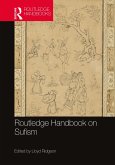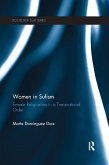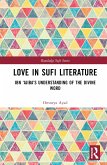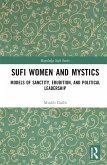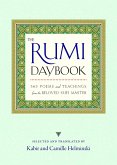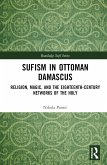This book is an ethnographic case study of Sufi ritual practice and embodied experience amongst female members of the Naqshbandi community. Drawing on fieldwork in Cape Town, South Africa, and Lefke, Cyprus (2013/2014), the author examines women's experiences within a particular performance of Sufi tradition. The focus is on the ritual named hadra, involving the recital of sacred texts, music, and body movement, where the goal is for the individual to reach a state of intimacy with God. The volume considers Sufi practice as a form of embodied cultural behavior, religious identity, and selfhood construction. It explains how Muslim women's participation in hadra ritual life reflects religious and cultural ideas about the body, the body's movement, and embodied selfhood expression within the ritual experience. Sufi Women, Ritual Embodiment and the 'Self' engages with studies in Sufism, symbolic anthropology, ethnography, dance, and somatic studies. Contributing to discussions ofreligion, gender, and the body, the book will be of interest to scholars from anthropology, sociology, religious ritual studies, Sufism and gender studies, and performance studies.
Bitte wählen Sie Ihr Anliegen aus.
Rechnungen
Retourenschein anfordern
Bestellstatus
Storno



